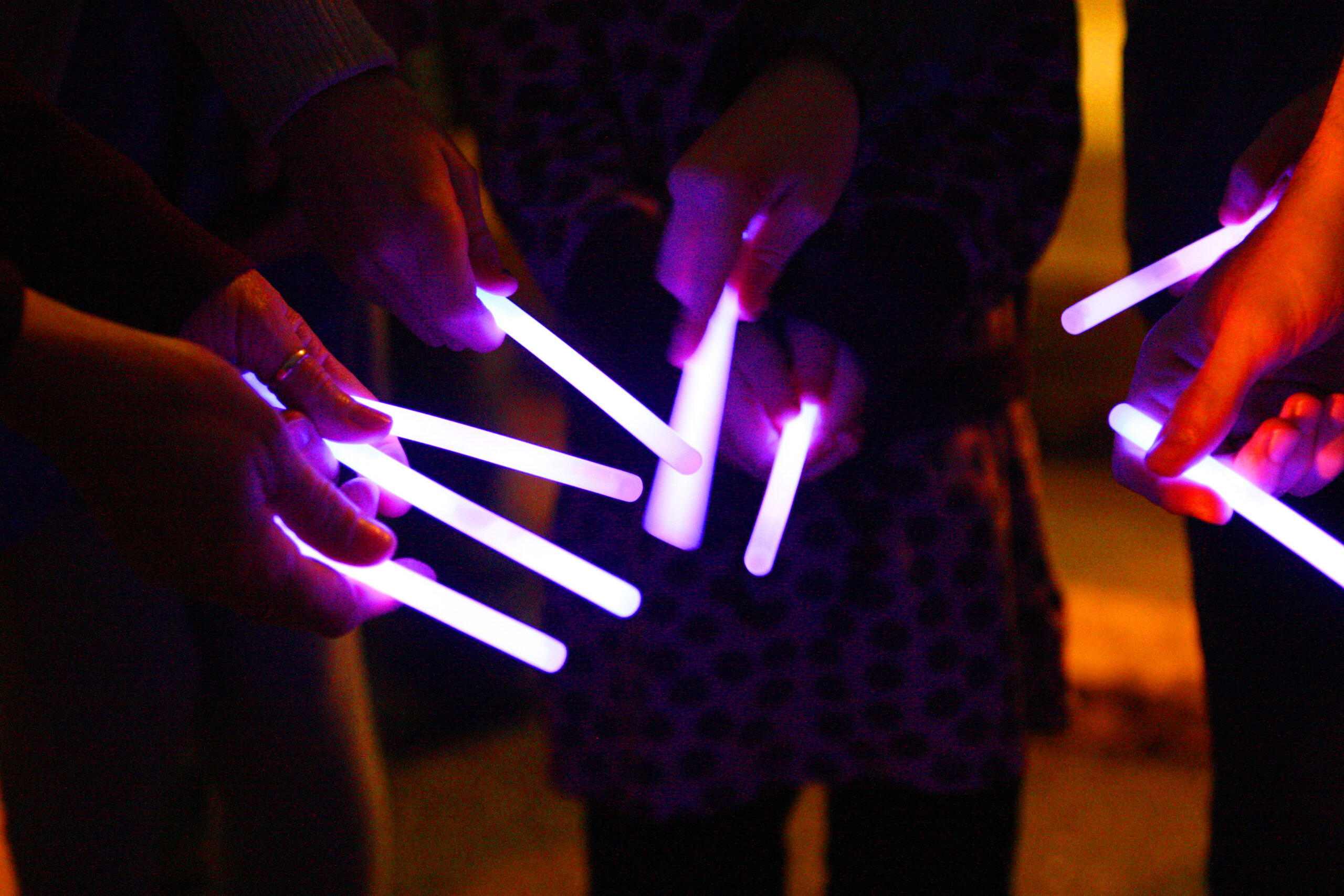
PRESQUE ISLE, Maine — One local organization is leading an effort to help schools and students deal with teen dating violence, and hopes increased awareness will inspire victims to seek help.
In Maine, 8.3 percent of high school students reported that in the preceding year, someone they were dating physically hurt them on purpose at least once, according to the Maine Coalition to End Domestic Violence. Across the nation, nearly 1.5 million high school students reported experiencing physical abuse from a dating partner last year.
Those are sobering statistics, said Rebecca Shaw, prevention education awareness advocate for the Hope and Justice Project in Presque Isle. The organization works to raise awareness about domestic violence, dispel myths and promote healthy relationships, and also provides training around the issue.
She said that while she did not have statistics for teen dating violence in The County, she believes campaigns have increased awareness about the problem among young people.
“I would say I have seen an increase in teens talking about the issue,” she said. “This is especially true because of the Me Too movement and social media. There is more awareness and support.”
She said that the percentage of teens who have experienced partner violence in the past year is higher among some student populations. She cited MCEDV statistics that indicated 19.2 percent of gay or lesbian students experienced such violence, as well as 18.3 percent of bisexual teens, compared to just 6.7 percent of heterosexual teens.
Shaw said the Hope and Justice Project has worked to raise awareness by doing “a lot more campaigns” and also worked with schools to implement change.
“We go to schools and talk about the issue,” she said. “We have done a lot of work with staff and students, especially around the area of prevention. We want to keep stressing that no one should put up with violence in any relationship, nor should they have to. There are resources out there for them.”
She said that social media and ad campaigns have broadcast the importance of the issue to a wider audience, including parents. This is significant, she said, since 81 percent of parents believe teen dating violence is not an issue or admitted they did not know it was an issue, according to the MCEDV.
Shaw said “a lot of schools” now see the importance of the issue and have added discussions about it to their health classes.
“Because of all this, I think that more teens are reporting dating violence and have more of an understanding about what dating violence looks like,” she said. “That is based on interactions we’ve had when giving presentations and hosting discussions. The teens are interactive and they engage in dialogue. We give them lots of examples to educate them and they talk about things they don’t think are okay.”
She said that the talks address emotional abuse as well, and they make sure teens are aware that it is not all right for someone to call them names or put them down.
“We hear many teens say that they have seen friends in relationships in which their partner pulls them away from their friends and wants them to constantly be together,” she said. “We let them know that such isolation is not good.”
She added that one of the most important lessons to teach youth is that they are not equipped to handle all of their problems, especially around dating and relationships.
“It is important for them to ask for help,” she said.







